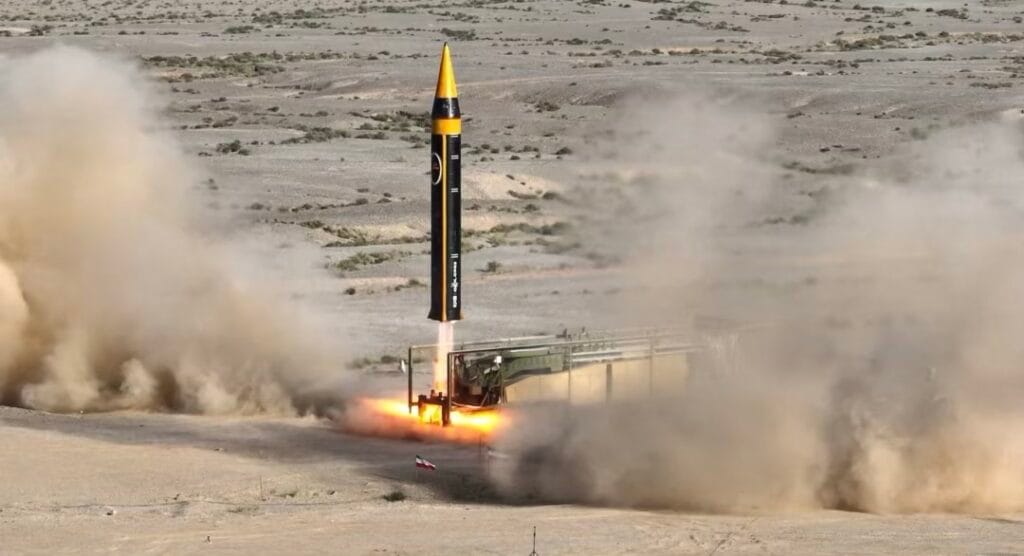Israel strikes Iran’s missile sites, leaves nuclear program untouched
Israel has launched airstrikes on Iranian military targets overnight Friday, inflicting damage on the Islamic Republic’s missile program and air defenses while showcasing the advanced long-range capabilities of the Israeli Air Force (IAF).

Israel has launched airstrikes on Iranian military targets overnight Friday, inflicting damage on the Islamic Republic’s missile program and air defenses while showcasing the advanced long-range capabilities of the Israeli Air Force (IAF).
However, the strikes notably spared Iran’s nuclear facilities, indicating a calculated approach by the Israeli government amid U.S. diplomatic pressures to limit escalation.

Designated “Operation Days of Repentance,” the air assault targeted three key regions: Tehran, Khuzestan, and Ilam. The operation involved tens of IAF jets flying approximately 1,600 kilometers from Israeli territory, achieving what appeared to be uncontested aerial dominance over Iranian skies. Despite Iranian state media downplaying the impact, the operation clearly underscored Israel’s ability to conduct complex, multi-wave attacks deep within Iran.
IDF Chief of Staff Lt. Gen. Hezi Halevi and IAF Commander Maj. Gen. Tomer Bar oversaw the operation from Tel Aviv, with the IDF confirming that all aircraft returned safely. Following the strikes, a senior Biden administration official remarked that while the U.S. was prepared for any Iranian retaliation, President Joe Biden expected that Iran would refrain from escalating the situation further. This response aligns with ongoing U.S. efforts to diplomatically manage tensions and avoid direct American involvement in conflict with Iran.
The immediate tactical question now is whether Israel’s strikes sufficiently degraded Iran’s missile and air defense capabilities to influence future military engagements. If the Iranian air defense network has been significantly weakened, Israel could gain a strategic advantage in any subsequent operations. The complexity and duration of the recent strikes suggest a meticulous effort to diminish Iran’s military response capabilities.
The extent of the damage to Iran’s missile production sites remains unclear, but it could hinder Tehran’s ability to replenish and upgrade its ballistic missile arsenal—an essential element of Iran’s military strategy. The critical strategic question is whether Israel anticipates a “Stage B” of its military response. While the recent strikes achieved tactical gains, the decision to spare Iran’s nuclear facilities indicates that future actions may depend on Iran’s reactions or any shifts in its nuclear ambitions.
Experts warn that Iran’s nuclear advancements continue unabated. According to Sima Shine, director of the Iran and Shi’ite Axis Research Program at the Institute for National Security Studies in Tel Aviv, Iran could enrich enough uranium for three nuclear devices within two to three weeks. While developing a nuclear warhead would take longer, she noted that Tehran could choose to construct a bomb without a missile delivery system, which could be completed in six months to a year and a half, contingent on a political decision from the Iranian leadership.
As Israel engages in this strategic military calculus, the focus on degrading Iran’s missile capabilities suggests a long-term approach aimed at mitigating immediate threats while keeping open the possibility of future strikes. “Operation Days of Repentance” is thus a calculated maneuver, yet it leaves pressing questions about the path forward and whether Israel has positioned itself for a more decisive confrontation regarding Iran’s nuclear ambitions.














